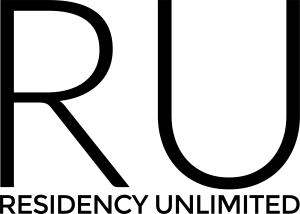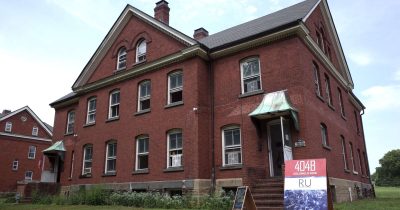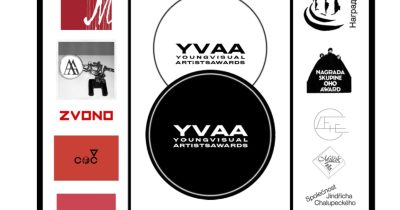Neus On (Harmannstrasse 21 (backyard), 12049 Berlin)
Saturday August 11, 7pm-11pm
Sunday August 12, 3pm-6pm
“Terror begins where you seek unity, that is, a unity that runs like a film.“
Jean-François Lyotard
Whole interrogates the mutual conditions and relations of body history and media history exemplified by the construction of transability. The medical terminology describes the phenomena as Body Integrity Identity Disorder (BIID). Since childhood or adolescence, transable persons feel wrong in their own bodies. They experience their abled bodies as overcomplete and feel an overwhelming urge or need to be impaired, like being an amputee, paraplegic, blind, deaf or mute. While the construction of trans*gender had a major impact on the historic notions of unambiguous, dualistic gender roles and identities, transability questions another historic topos: the notion of a „natural“ state of bodily completeness and wholeness. On the other hand, the construction of BIID and transability is significant for media history as its symptoms are subjective and therefore cannot be measured or visualised indexically, but can only be made visible by mediated techniques of representation. As epistemes and evidences of specific discourses, the media technologies used in the representation of transability and BIID play a decisive role, since they inscribe themselves retroactively not only in the respective findings, but also in their historical meanings and ideas. Whole pursues the question of how the media of film and video, but also of medical imaging procedures and prosthetic technologies produce and implement notions of bodily completeness – or subvert them.




